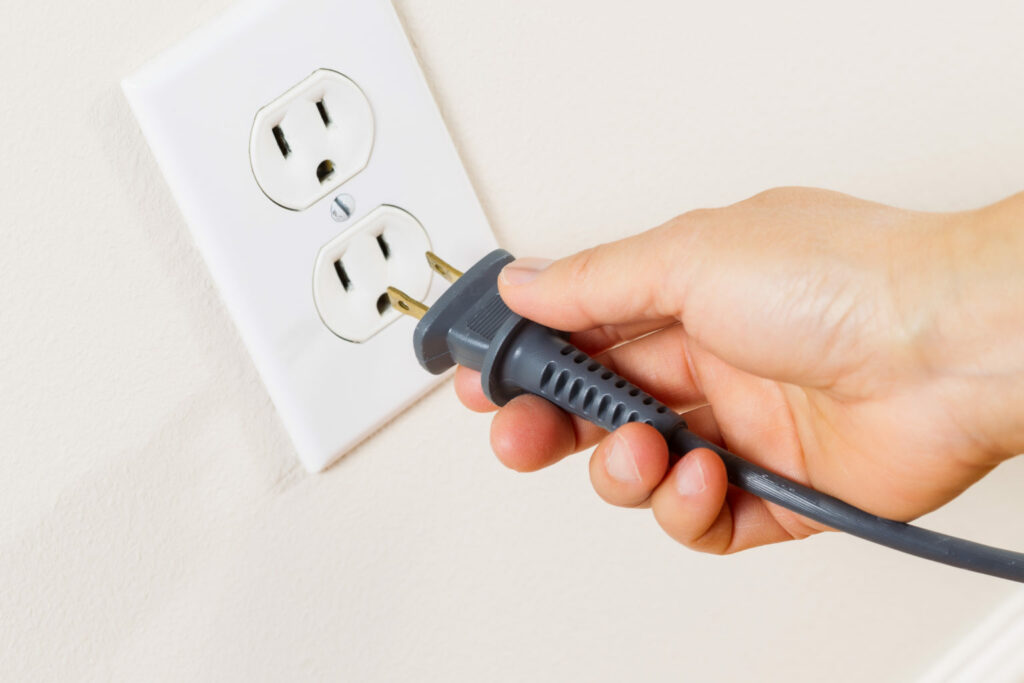A recent report by Acadia Center finds that some residents who upgrade to electric appliances can save up to 69% on energy bills when paired with weatherization.
Based on winter 2022-2023 utility rates, Acadia Center analysts found that New Jerseyans who live in poorly insulated gas homes can save $1,550 to $3,240 each year, a range of 47% to 69% savings on annual energy bills depending on service territory, by investing in electrification and weatherization.
“This report makes clear that switching from fossil fuels can save New Jerseyans money,” Ben Butterworth, director of climate, energy & equity analysis at Acadia Center, said. “With volatile natural gas prices driving energy bill spikes, it’s vital New Jerseyans understand they can save money by upgrading their homes to utilize clean electric appliances like heat pumps. For many customers, this can free up thousands of dollars each year to spend on groceries, prescriptions, child care and other daily necessities.”
This report updates a 2022 analysis that calculated savings using low gas rates from winter 2021-2022, which demonstrated that the average household in New Jersey would see annual bill savings of about 20% by pairing electrification with weatherization. The 2022 report demonstrated that those savings jump to more than 50% for a typical drafty home electrifying and improving weatherization. Because utility gas rates for New Jersey households increased 51% on average in the past two years, even more dramatic savings are now available for gas customers who adopt weatherization and highly efficient all-electric alternatives like heat pumps.
Swapping fossil fuel-burning appliances with electric alternatives would also eliminate a significant source of indoor and outdoor air pollution, the impacts of which are disproportionately borne by low-income households and communities of color. Gas appliances emit harmful pollutants such nitrogen dioxide that can exacerbate respiratory illnesses when burned indoors. Children are particularly at risk, as children who live in homes with gas stoves have a 42% higher risk of developing asthma symptoms and a peer-reviewed study found that, nationwide, gas stove use can be attributed to 12.7% of childhood asthma cases.
Thanks to the passage of the Inflation Reduction Act, New Jersey residents will soon be able to take advantage of rebates and incentives to lower the upfront cost of weatherization and highly efficient electric appliances.
“New Jersey has ambitious goals to deliver the economic, health and climate benefits of all-electric homes but no programs to achieve those goals,” Barbara Blumenthal, research director at the New Jersey Conservation Foundation, said.
“This report shows that the longer state regulators at the Board of Public Utilities and legislative leaders delay in creating programs to accelerate the adoption of highly efficient electric appliances like heat pumps, the more it will cost New Jersey gas customers stuck with higher bills and less comfortable homes,” she concluded.



